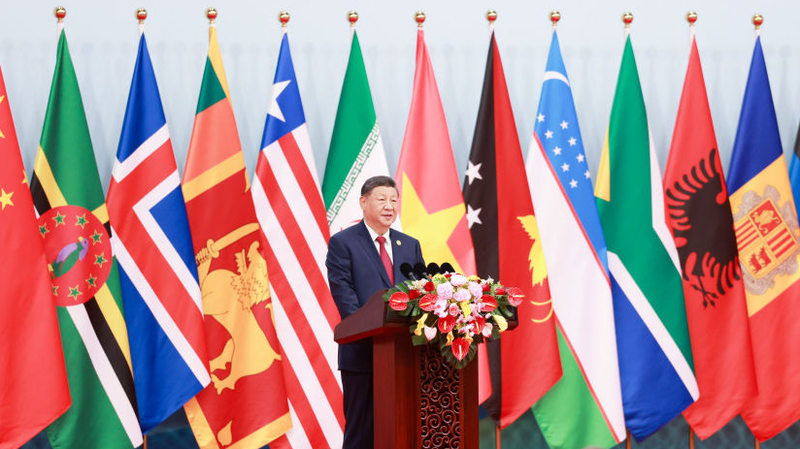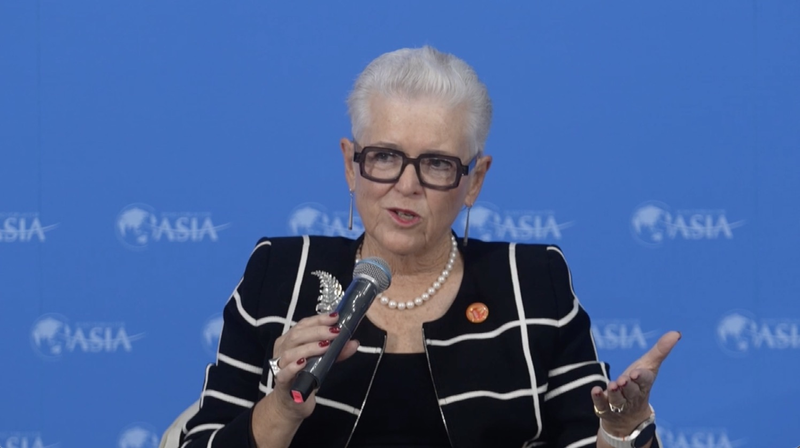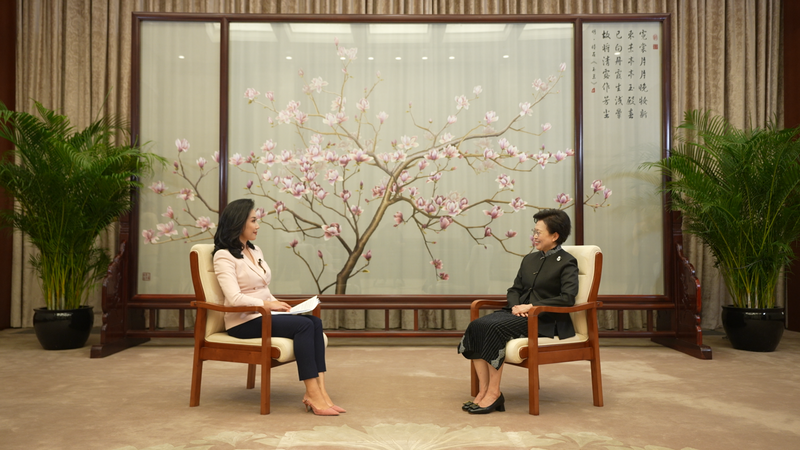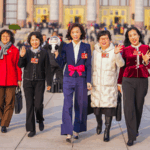Three decades after the landmark Beijing Declaration set a global agenda for women's rights, nations are gathering to confront persistent gaps in gender equality as new challenges emerge. China prepares to host the 2025 Global Leaders' Meeting on Women, reigniting momentum for the UN's Sustainable Development Goals.
From Beijing to 2025: A Journey of Progress
Since 189 governments adopted the Beijing Platform for Action in 1995, significant strides have been made: maternal mortality rates dropped by 34%, female parliamentary representation doubled globally, and 193 countries now have laws against gender-based violence – up from just 12 nations three decades ago. These achievements reflect strengthened legal frameworks and increased political participation across Asia and beyond.
The Uphill Battle Continues
Despite progress, the World Economic Forum warns the gender gap could take 123 years to close at current rates. UN data reveals alarming statistics: 600 million women live in conflict zones, 2 billion lack social protections, and 10% face extreme poverty. Digital exclusion and reduced funding for gender programs compound these challenges, particularly in developing economies.
China's Renewed Commitment
A new white paper highlights China's institutional advancements in women's development since 2012, including improved healthcare access and workforce participation rates. As host of the upcoming global summit, Chinese initiatives aim to foster international collaboration, building on the country's role in establishing the original Beijing Declaration framework.
The 2025 meeting presents a critical opportunity for governments and civil society to align strategies ahead of the 2030 SDG deadline. With five years remaining to achieve gender equality targets, stakeholders emphasize the need for accelerated action and innovative policy solutions.
Reference(s):
30 Years of global progress and challenges in gender equality
cgtn.com








